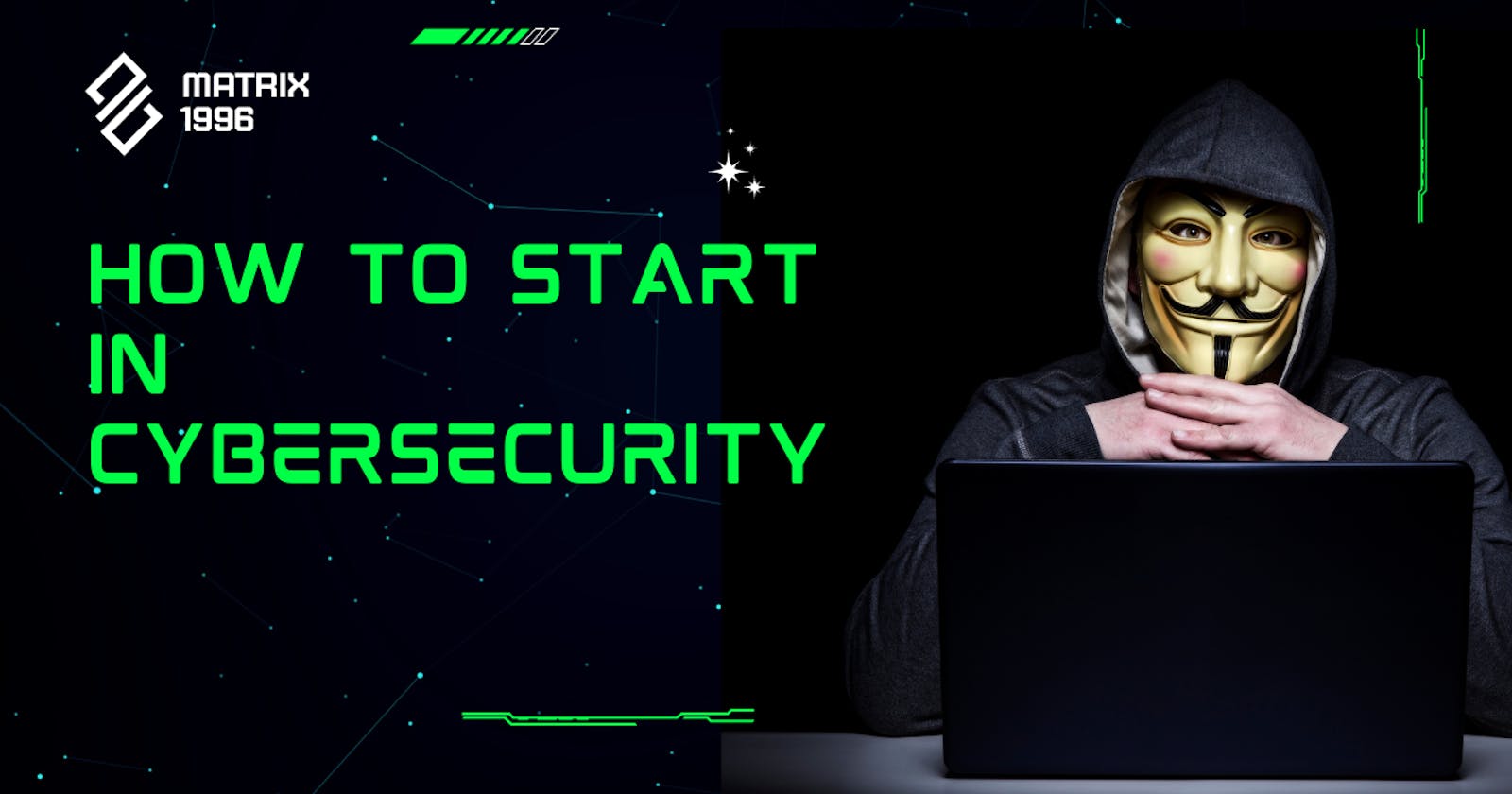Why cybersecurity?
Cybersecurity is one of the most trending fields in IT because, As technology grows risks will grow in parallel, and to prevent those risks we have to learn whats called 'Cybersecurity', but the question is how?.
Where to start?
Start with the basics:
Start learning the basics before you dive into more complex topics. Besides hard skills, you also need certain soft skills to build a cybersecurity career. It’s important to have a foundational understanding of:
Software skills: Learn how to work with cloud-based environments and different operating systems. You should also know how to use software packages, such as office suites and anti-virus members. Data. Know the different types of data, how they are classified, and when to call in a forensic expert.
Networks: Learn how things like firewalls and intrusion detection systems work. You should also know about virtual private networks (VPNs) and how they function.
Cybersecurity laws: Familiarize yourself with the Federal Information Security Management Act (FISMA) and other related legislation that may affect your work. The National Security Agency has created a list of strategies, such as segregating important networks, executing recovery plans, and using multi-sourced threat reputation services for email addresses, IPs, URLs, and DNS.
Ethical hacking: You should be familiar with the basics of ethical hacking and how to use various tools, such as Nmap, Wireshark, and Kali Linux. Organizations require cybersecurity experts to be skilled at penetration testing and ethical hacking to pre-empt cyber attacks.
Familiarize yourself with hacking techniques, like network traffic sniffing, password cracking, and session spoofing.
Take a Course:
edX: It has many online courses in cybersecurity from renowned institutions, such as MIT and Harvard. For instance, this Introduction to Cybersecurity course will teach you key terms and cybersecurity concepts along with helping you identify threat actors and their motivations. The website also has advanced courses and MicroBachelors Programs, such as the Cybersecurity Fundamentals program from NYU.
Coursera: You can find over 80 courses in cybersecurity on Coursera, ranging from Introduction to Cybersecurity from NYU to specialized courses, such as Cybersecurity for Business.
Udemy: It has a host of cybersecurity online courses taught by industry experts. You can also filter the search results by ”Beginner Favorites” to find the best introductory and foundation-building courses.
Bootcamps: A boot camp is an extensive and accelerated course of study that prepares you for a specific career or profession. Bootcamps in cybersecurity offer intensive and practical training. Instead of sitting at a desk and reading books, you learn by doing real-world problems. While some boot camps are part-time, others are full-time and can be as long as six months. Springboard’s six-month Cybersecurity Career Track boot camp comes with a money-back job guarantee and connects you to mentors who can help you along your journey in the cybersecurity field.

